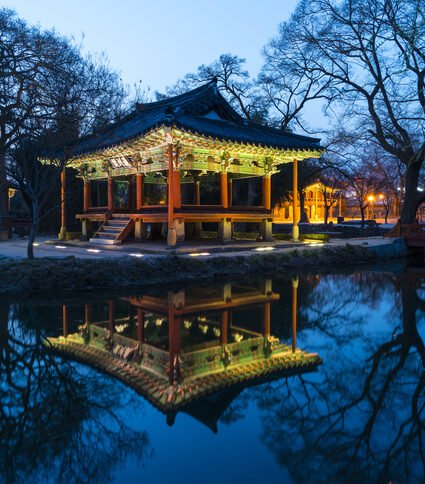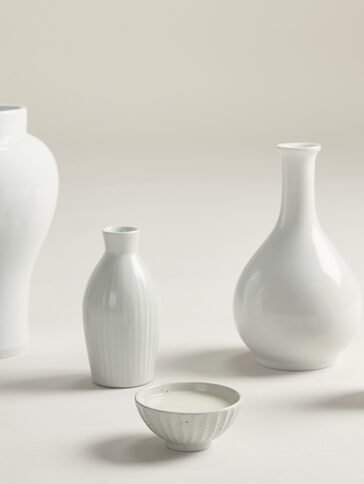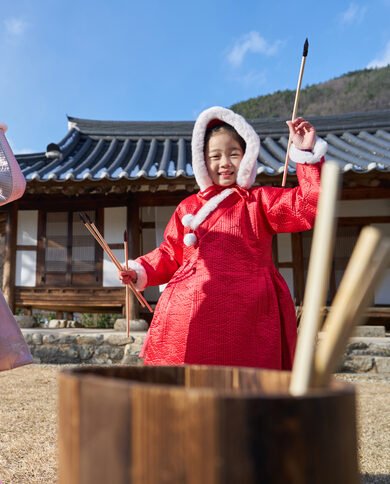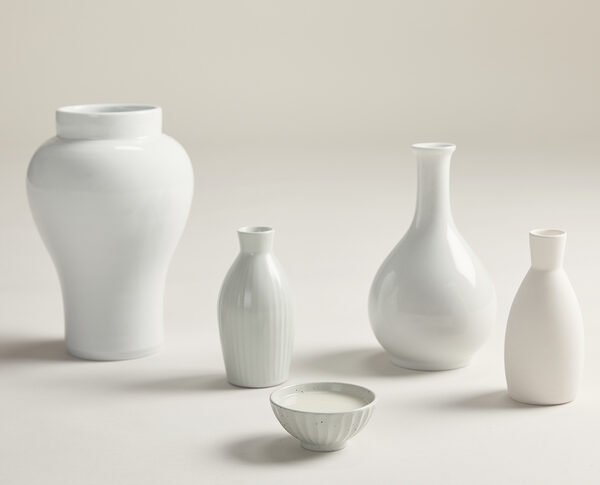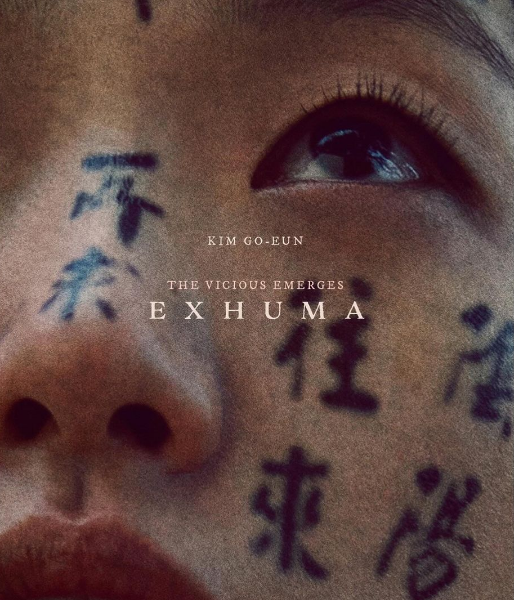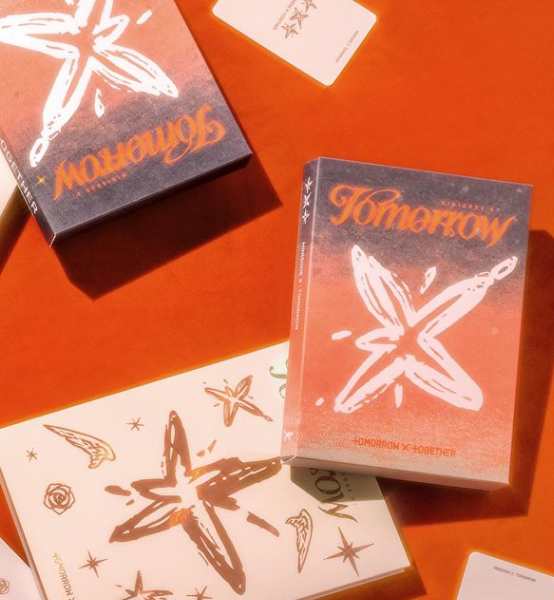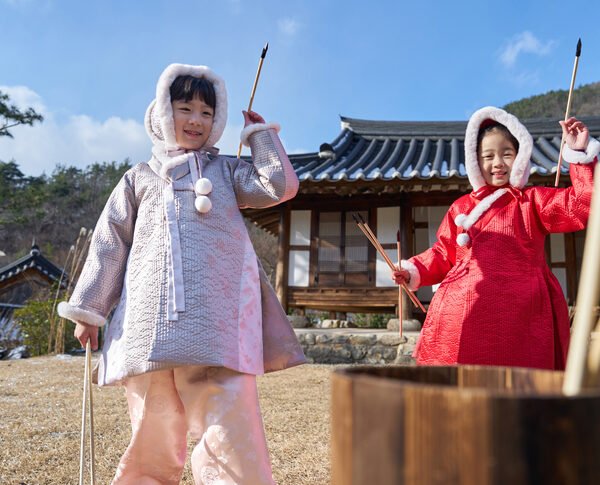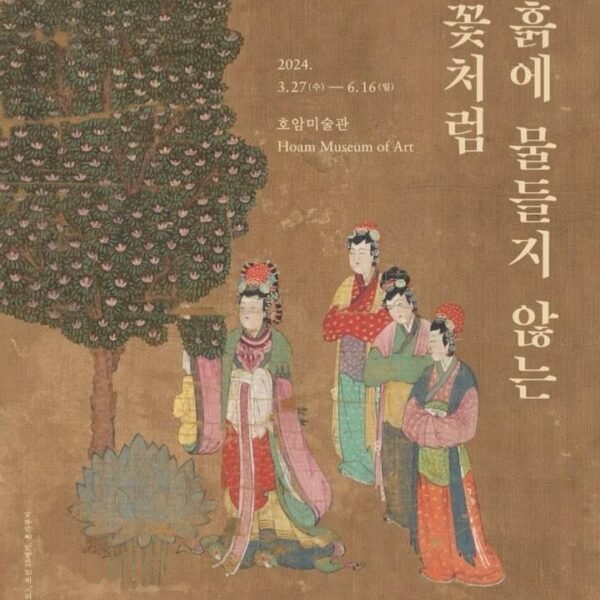Seochon, also known as West Village, is a charming area in Seoul that offers a glimpse into the culture of ordinary people. This picturesque neighborhood, with its relatively simple and unpretentious vibe, stands in contrast to the high-ranking officials’ area of Bukchon. Throughout history, Seochon has managed to preserve its old-fashioned charm, even during the Japanese colonial period and after liberation. Visitors to Seochon can indulge in the delicious food at Sejong Village Food Street, immerse themselves in the residential culture at the Boan Inn, and enjoy a retro vibe at the Daeoh Bookstore. Additionally, Tongin Market, the oldest traditional market in Seochon, offers the unique experience of the “Yeopjeon Lunchbox.” With its abundance of restaurants and cafes, Seochon promises unique flavors and famous dishes. Exploring Seochon allows you to truly immerse yourself in the cultural experiences of the ordinary people.
Seochon: The Charming West Village of Seoul
If you’re looking for a place that embodies the rich culture and historical significance of Seoul, look no further than Seochon. Also known as the West Village, this area in South Korea’s capital city is a hidden gem that offers a glimpse into the everyday lives of ordinary people. With its preserved traditional culture, historical buildings, and popular attractions, Seochon is a must-visit destination for anyone seeking an authentic and immersive experience.

The Rich Culture of Seochon
Preservation of Traditional Culture
One of the most remarkable aspects of Seochon is its commitment to preserving traditional culture. Unlike the neighboring upscale area of Bukchon, Seochon focuses on the culture of ordinary people, offering a refreshing contrast to the grandeur and elegance found in other parts of Seoul. Here, you can truly immerse yourself in the traditions and customs that have been passed down through generations.
Boan Inn: Showcasing Residential Culture
A visit to Seochon wouldn’t be complete without experiencing the Boan Inn. This old accommodation showcases the residential culture of the old ordinary people, allowing visitors to step back in time and experience life as it was in the past. The history and architecture of the Inn are preserved beautifully, giving guests an authentic look into the everyday lives of the residents.
Daeoh Bookstore: A Retro Cultural Space
Another popular attraction in Seochon is the Daeoh Bookstore. What was once a humble used bookstore has been transformed into a retro cultural space that promotes arts and literature. The cozy atmosphere and vintage decor make it the perfect place to relax, sip on a cup of coffee, and browse through a collection of books. Whether you’re a book lover or someone looking to experience the cultural side of Seochon, the Daeoh Bookstore is a must-visit spot.

Historical Significance of Seochon
Surviving the Japanese Colonial Period
Seochon’s historical significance becomes evident when you learn about its resilience during the Japanese colonial period. Despite the oppressive regime, Seochon managed to preserve its culture and traditions. This period of history shaped the character and resilience of the community, leaving an indelible mark on the area’s identity.
Preservation after Liberation
After liberation, Seochon continued to make efforts to safeguard its cultural heritage. The community recognized the value of preserving their history and traditions, leading to initiatives aimed at preserving the area’s unique identity. Today, the legacy of Seochon’s past is passed down to future generations, ensuring that its rich history remains alive and vibrant.

Popular Attractions in Seochon
Sejong Village Food Street: A Gastronomic Paradise
When it comes to food, Seochon does not disappoint. Sejong Village Food Street is a gastronomic paradise where visitors can indulge in a wide variety of delicious dishes. From traditional Korean street food to international flavors, this bustling street offers something for everyone. Whether you’re in the mood for spicy tteokbokki or savory kimchi pancakes, Sejong Village Food Street is the place to satisfy your culinary cravings.

Tongin Hanyakguk: Herbal Medicine Store
For those interested in traditional medicine and herbal remedies, a visit to Tongin Hanyakguk is a must. This local herbal medicine store offers a wide range of medicinal herbs, teas, and health counseling. The knowledgeable staff can guide you in selecting the right herbs for your needs and offer valuable advice on maintaining a healthy lifestyle. A visit to Tongin Hanyakguk is not only educational but also a chance to experience the healing power of nature.

Tongin Market: Oldest Traditional Market
Tongin Market is another must-visit attraction in Seochon. As the oldest traditional market in the area, it is steeped in history and offers a unique shopping experience. One of the highlights of visiting Tongin Market is the “Yeopjeon Lunchbox” experience. Visitors can purchase a set of old coins called “yeopjeon” and exchange them for various dishes from different food stalls in the market. This not only allows you to try a variety of local delicacies but also gives you a taste of the vibrant market culture.
Preservation of Traditional Culture
Contrast with Bukchon
One of the things that sets Seochon apart is its contrast with Bukchon, which is known for its high-ranking officials’ culture. While Bukchon showcases the opulence and grandeur of the upper class, Seochon focuses on the culture of ordinary people. This contrast provides a unique perspective into the everyday lives and traditions of the majority of the population.
Focus on Ordinary People’s Culture
Seochon’s dedication to preserving the culture of ordinary people is evident in its various initiatives. From the preservation of historical buildings to the promotion of traditional arts and crafts, Seochon is a testament to the resilience and vibrancy of the everyday people. By focusing on the culture of ordinary individuals, Seochon has created a charming and authentic atmosphere that is both welcoming and intriguing to visitors.
Boan Inn: Showcasing Residential Culture
History and Architecture
The Boan Inn is a true representation of Seochon’s residential culture. With its historic architecture and well-preserved interiors, the Inn offers a glimpse into the everyday lives of the old ordinary people. Each room is adorned with traditional furniture and decorations, creating an immersive experience for visitors. Staying at the Boan Inn allows you to step back in time and truly appreciate the rich history and culture of Seochon.
Authentic Experience for Visitors
The Boan Inn doesn’t just offer accommodation; it provides an authentic and immersive experience for visitors. The staff is knowledgeable and passionate about sharing the history and traditions of Seochon, making your stay even more enriching. Whether it’s participating in traditional craft workshops or enjoying a home-cooked meal prepared with local ingredients, the Boan Inn ensures that every guest gets a taste of Seochon’s residential culture.
Daeoh Bookstore: A Retro Cultural Space
Used Bookstore Turned Cafe
The Daeoh Bookstore is a prime example of repurposing a space to promote arts and literature. What was once a humble used bookstore has now become a retro cultural space that attracts visitors with its unique ambiance. The shelves are lined with an assortment of books, both old and new, waiting to be explored. The cozy cafe area invites you to take a break, enjoy a cup of coffee, and immerse yourself in the creative atmosphere.
Promoting Arts and Literature
The Daeoh Bookstore goes beyond being just a bookstore. It actively promotes arts and literature by hosting events, exhibitions, and performances. From book readings and poetry nights to art workshops, the Daeoh Bookstore is a hub for creativity and cultural expression. It serves as a platform for local artists and writers to showcase their work, fostering a vibrant community of art and literature enthusiasts in Seochon.
Surviving the Japanese Colonial Period
Impact on Seochon’s Culture
The Japanese colonial period had a profound impact on Seochon’s culture. Despite the oppressive regime, Seochon managed to preserve its traditions and cultural identity. This resilience is evident in the way the community has held onto its unique customs, rituals, and arts. The Japanese colonial period serves as a reminder of the strength and determination of Seochon’s residents to maintain their heritage in the face of adversity.
Resilience of the Community
The resilience and spirit of the community during the Japanese colonial period have shaped Seochon’s character. The difficulties faced during that period bonded the residents together and instilled a sense of community and pride in their cultural identity. Today, Seochon continues to thrive as a vibrant neighborhood that embraces its past while looking towards the future.
Preservation after Liberation
Efforts to Safeguard Cultural Heritage
After liberation, Seochon made concerted efforts to safeguard its cultural heritage. The community recognized the value of their history and traditions, leading to initiatives aimed at preserving and promoting their unique identity. Various organizations and individuals have played a crucial role in preserving historical buildings, promoting traditional arts and crafts, and educating the younger generation about the importance of their cultural heritage.
Legacy Passed to Future Generations
Seochon’s commitment to preserving its cultural heritage ensures that the legacy of the past is passed down to future generations. From schools incorporating cultural education to community-led initiatives, Seochon actively engages its residents and visitors in celebrating and appreciating its rich history. This ensures that the charm and uniqueness of Seochon will continue to thrive for years to come.

Pride in Seochon’s Cultural Identity
Local Initiatives and Cultural Festivals
Seochon takes great pride in its cultural identity, and this is evident in the numerous local initiatives and cultural festivals that take place throughout the year. From traditional music performances to art exhibitions, these events showcase the vibrancy and diversity of Seochon’s cultural heritage. They not only bring the community together but also attract visitors from all over the world who are eager to experience the authentic charm of Seochon.
Love and Appreciation for Seochon
Above all, Seochon is a place where love and appreciation for culture are deeply rooted. The residents take great pride in their neighborhood, and their warm and friendly demeanor make visitors feel welcome and cherished. Whether you’re exploring the historical streets or indulging in the local cuisine, you can’t help but feel a sense of gratitude and appreciation for Seochon’s unique charm.
In conclusion, Seochon, the charming West Village of Seoul, offers a comprehensive cultural experience that is both rich in history and vibrant in its present-day offerings. From the preservation of traditional culture to the historical significance of the area, Seochon captivates visitors with its authenticity. With popular attractions such as Sejong Village Food Street, Tongin Hanyakguk, and Tongin Market, Seochon’s gastronomic delights and vibrant market culture add to its allure. Above all, Seochon is a place where ordinary people’s culture takes center stage, showcasing the beauty and resilience of the community. So, whether you’re an avid traveler or a culture enthusiast, a visit to Seochon is sure to leave you with a lasting impression and a deeper appreciation for the rich tapestry of Seoul’s cultural landscape.

